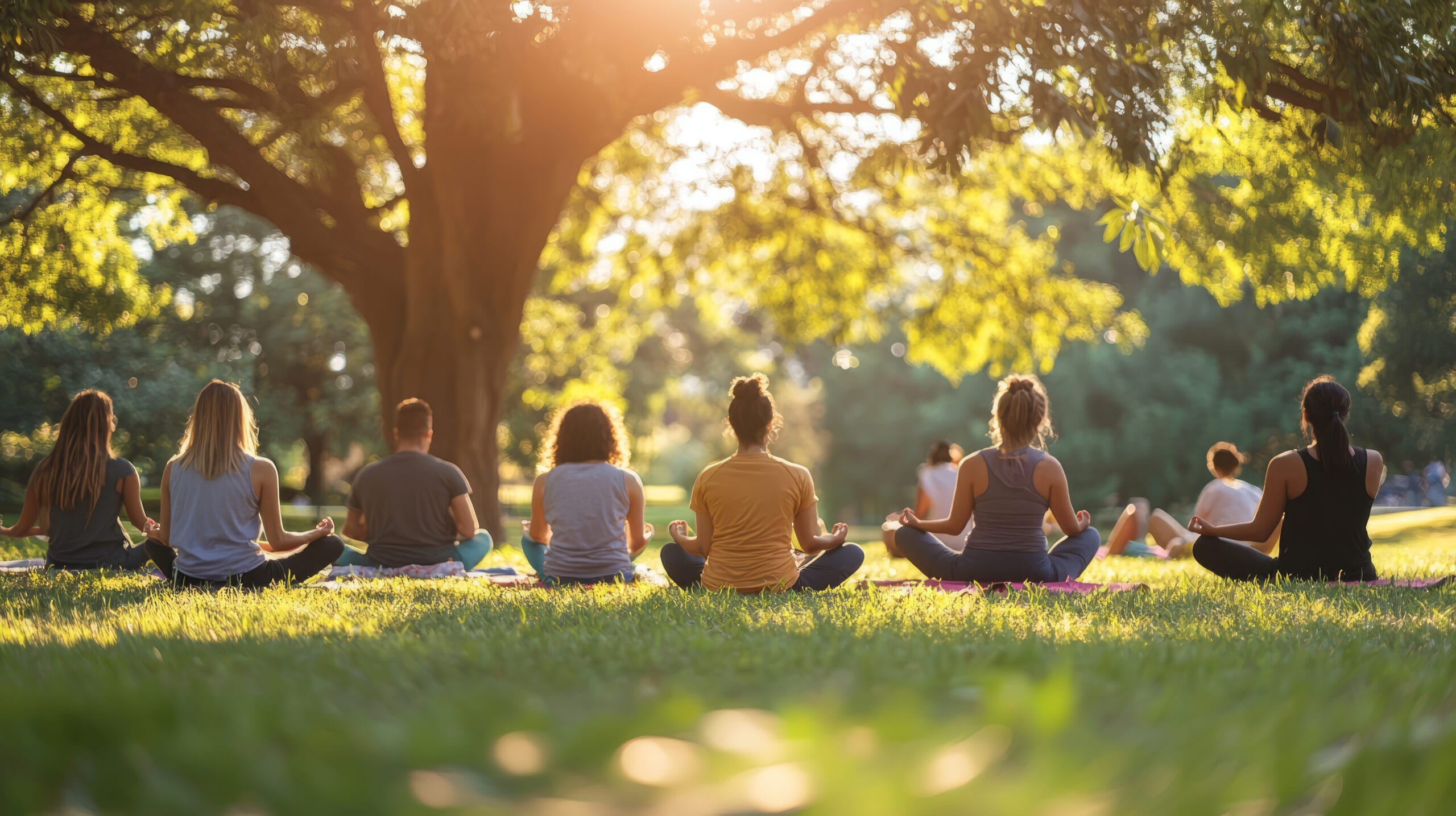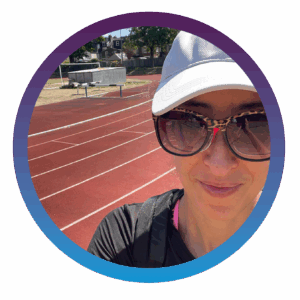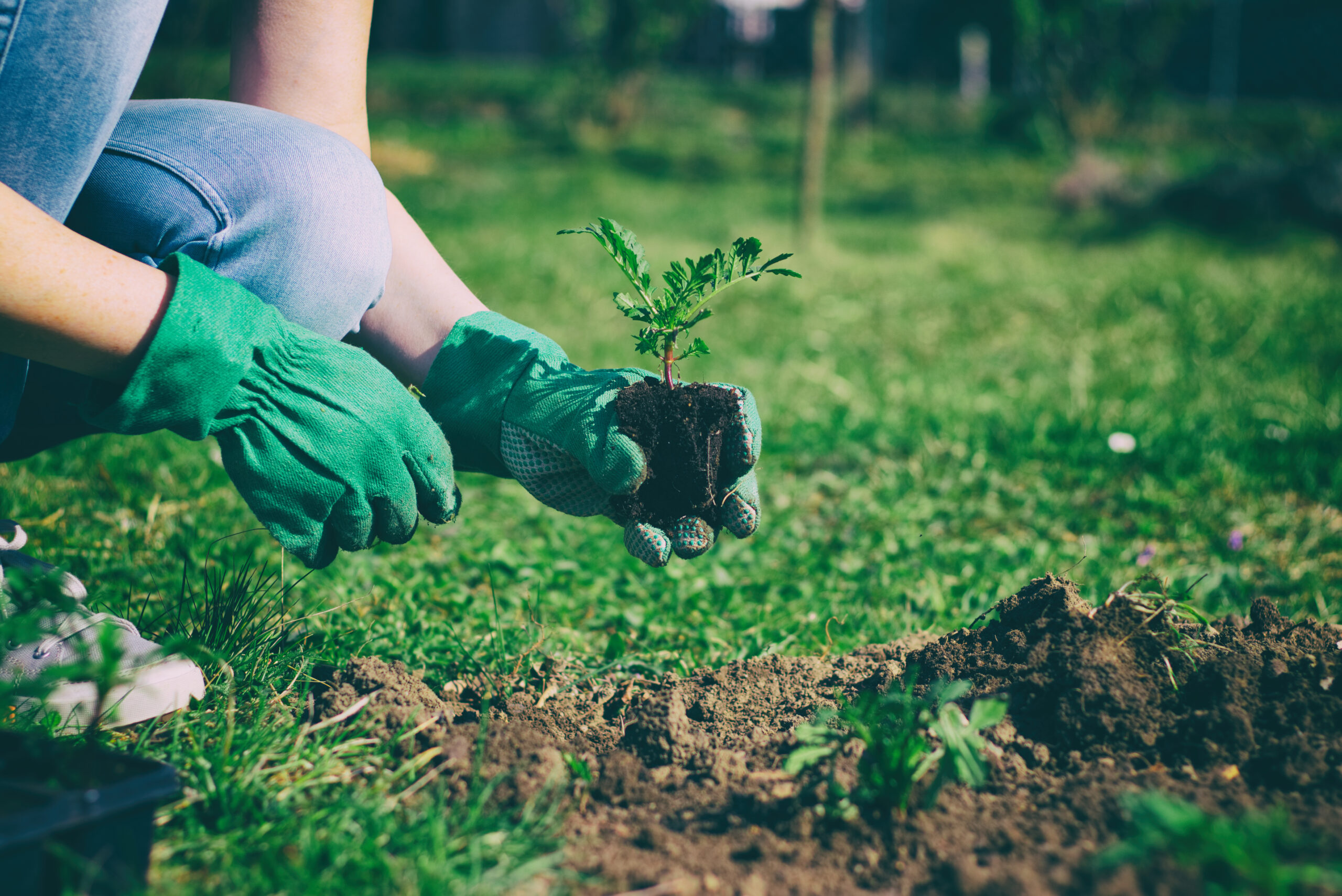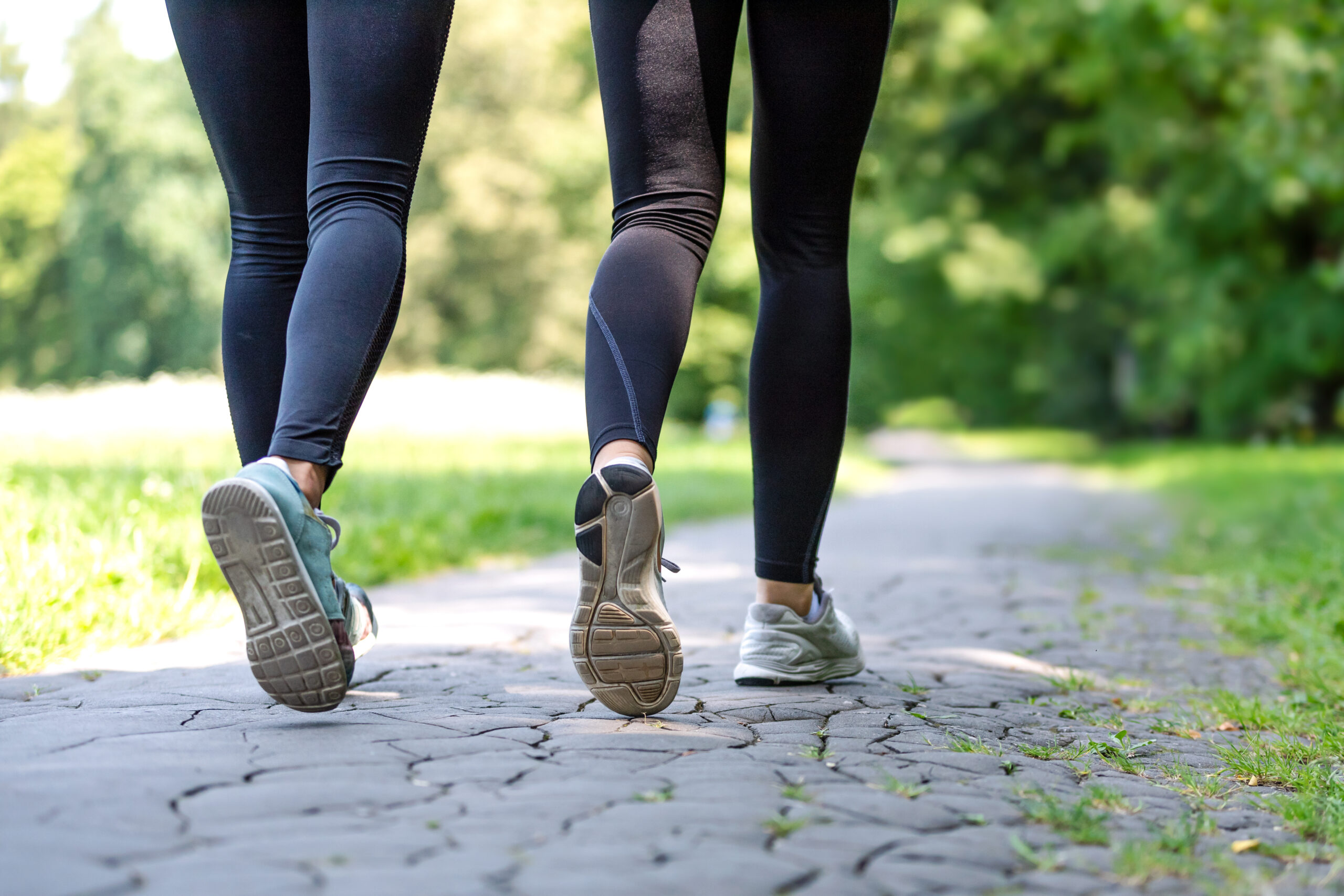Blog on Social Connection and Exercise for Mental Health by Tara-Jane Elia who uses Lewisham Wellbeing Hub
Continuing our build up to World Mental Health Day and our theme of Physical Wellbeing we hear from Tara-Jane Elia who uses Lewisham Wellbeing Hub with an introduction from Stephanie Bennett Fraser who is an Advisor at the Hub.

Introduction by Stephanie Bennett Fraser, Advisor at Lewisham Wellbeing Hub
Tara-Jane has had a remarkable journey since she first accessed Lewisham Wellbeing Hub earlier this year. Tara is a powerful example of someone who has empowered herself by learning all she can about her health conditions – a real expert by experience.
Tara-Jane accesses Lewisham Wellbeing Hub and has joined the peer support walk and talk group, as well as an advisor led, online weekly meeting for people whose mental health is impacted by chronic health conditions and physical disability. She has also recently joined a new support group for women experiencing female specific hormone related health conditions and is a mine of information and support to other participants. She also attends a yoga and an art session outside the service. Here, Tara-Jane talks about how important it is to look at health holistically, so that physical health supports your mental health and visa versa.
Social Connection and Exercise for Mental Health
By Tara-Jane Elia
In January 2025, I began suffering extreme early menopause symptoms, including anxiety. Despite A&E and GP visits, I didn’t know what was wrong until talking with older women friends. I had no idea such an onslaught of severe mental and physical symptoms was possible, and I feel I’m well-read. So it wasn’t until April that I saw a menopause specialist privately online and accessed Hormone Replacement Therapy (HRT) that I began to feel better.
The improvement was immediate, but cumulative. It took the edge off the very worst anxiety symptoms, including feeling unbearably alone and that I was about to die, as well as migraine, insomnia, paranoia and hallucinations. Then they gradually turned down in volume.
Yet I had a steep mountain to climb. With the first step of HRT, I could start other interventions like the gardening and walking I’ve been involved with at Lewisham Well-Being Hub. As I live alone with a disabled cat, a very kind friend visited me at home a couple of times a week at my worst. This friend works with at-risk youth so understands mental health. When I was improving, we discussed different activities that could help me recover, and I searched for gardening activities online and self-referred to Lewisham Wellbeing Hub.
I started a Sydenham Garden gardening activity in May, as well with online groups for long-term health conditions and the Time of the Month Support group (for women experiencing hormone based health conditions for women) with Stephanie Bennett Fraser. A couple of months later I joined the Lewisham Wellbeing Hub walking group: I found all these activities fantastically helpful.

I then began light jogging and cold-water swimming in the summer months. Although not particularly sporty, I’d always enjoyed physical activity for the joyousness of it. Yet over the last five to ten years, I’d found myself less and less able to engage in it, often to the point of disability over the past two years. Little did I know it was the decline in my hormones and not my perceived laziness.
Both the gardening and walking groups helped heal me through being outside in nature, doing gentle physical exercise. Crucially though, it was the social structure, interaction and support among peers which enabled that magical sense of connection and decreased my feelings of isolation, stress and anxiety. Because walking alone in the park or gardening at home did not have this effect: the social factor was the missing link for me. I felt I was climbing the mountain with others who knew the terrain.

I also found the peer support volunteers and staff very well-trained with an understanding of mental health. In the gardening group, I was given agency over my activities and thanked for doing them. I felt appreciated at whatever level I could manage on the day and supported in my efforts through adaptations such as providing a chair to rest when I needed one. As my brain began to recover, I began to really enjoy learning different gardening techniques like pruning tomatoes, which I rushed home to try myself!
Overall, I very much enjoy interacting with others in the groups. The majority of our conversation is about ordinary things like pets or the task at hand, which you miss when you’re isolated by illness. This sense of normalcy is hugely valuable and protects your mental health. In addition, a broader social structure helps us feel our relationships don’t exist solely to resolve our mental health problems, which is how a lot of interventions are focussed. Instead, these groups help us feel valued in the context of meaningful social and physical activities, which is truly restorative.
This foundation of social relationships gave us the opportunity to occasionally open up about our experiences of mental health, which bestowed more healing magic. So often, we meet with blankness from others or even judgement and blame, which pushes us further into our shells and makes our suffering worse. But when we can speak with safe people in a protected environment, that relieves stress. Suddenly we realise we’re not the only ones experiencing these bizarre and awful symptoms; in fact, many are very common. Yet taboo shrouds them in silence. I can’t think of a better example than menopausal anxiety and depression, which affect up to 50% of UK women in the menopause, yet how many people not in this situation are aware of that? It’s a very well-kept secret! But having the chance to safely share our experience leads to mutual interest, care and support. Feeling heard lets us drop some of our burden and hearing others helps us feel valued.
These gains paid dividends. I found myself returning home calmer, more motivated and happier after the groups. I noticed an increased physical and mental capacity, for example, ability to do housework. My confidence increased and I began trying more intensive physical activity. I’d never much enjoyed jogging, and indeed the fatigue of stress and anxiety is not exactly inviting to a brisk jog, but I heard it again and again: moderately intense exercise is good for menopause symptoms, including mood and cognition. ‘OK,’ I thought, ‘let’s see.’
And they were right. Whereas before I’d always felt more tired after jogging, now I felt less so. Like a mollusc curled in on itself, I relaxed open through the process of exercise. Muscle tension, music playing in my head, repetitive stress thinking, and worry thoughts all disappeared at least for some hours or even a day. My nervous system calmed down.
Although I’d always enjoyed swimming, I’m not sure anything but severe anxiety could have tempted me to fling myself into the icy water of the Thames. I’d heard cold water could activate the parasympathetic nervous system…and again, they were right! I would emerge from the dock with a beautiful sense of calm for about four hours after swimming, how I remembered feeling many years ago.

Now I’m approaching the mountaintop of my first six months on HRT. The journey has been swift and hard. One thing is for sure; I’m determined to keep doing physical and social activities because they’ve been so transformative. I’ve just joined another walking group that I can cycle to in a nearby park and bought a pair of heavier dumbbells to use at home.
Over the last couple of years, I’ve also trained in and practiced reiki. Through this and all my experience, I’ve come to understand that we are energy expressed in different forms. The emotional, physical and relational exist on a spectrum, like light, so feeling well relationally and physically is feeling well emotionally. We are one moving part. It is the harmonious state of resonance I strive for and hope to share with others.





